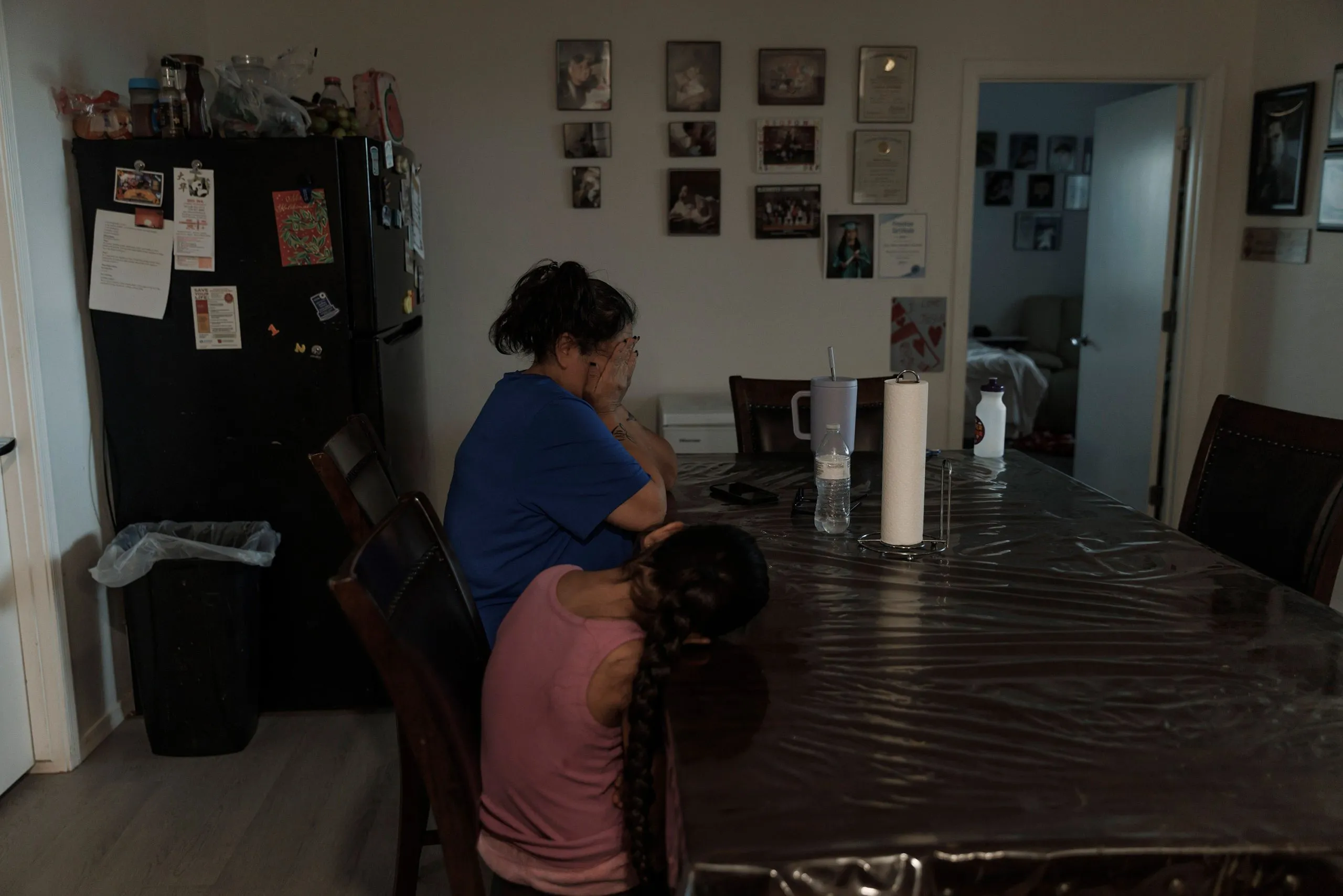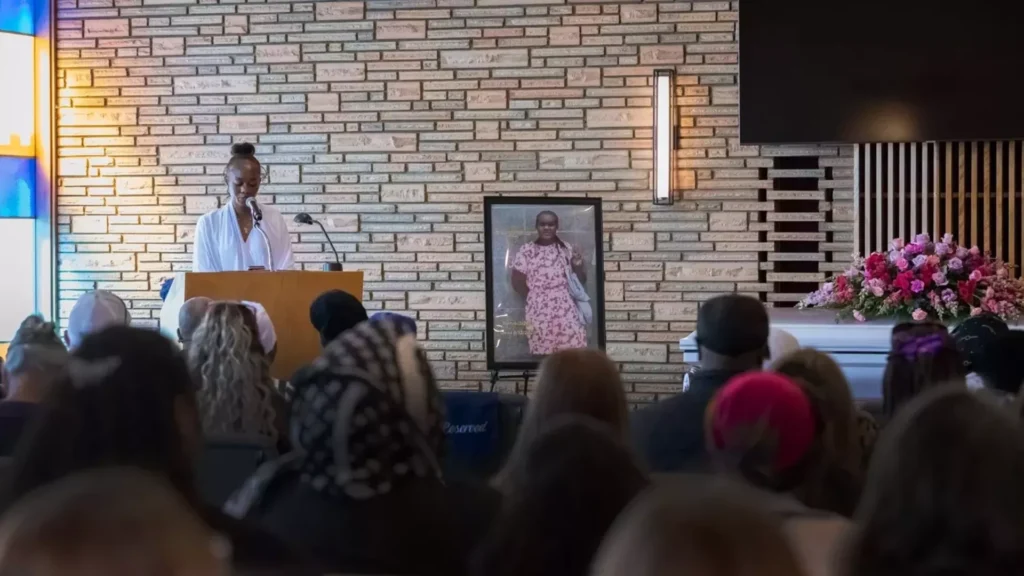Arizona cracked down on Medicaid fraud that targeted Native Americans. It left patients without care.

Arizona Center for Investigative Reporting by Hannah Bassett and Mary Hudetz, September 10, 2024: Arizona suspended scores of behavioral health providers as authorities investigated them for defrauding the American Indian Health Plan. The state’s actions left patients homeless and without treatment.
Before her fifth birthday, Rainy had experienced a lifetime of trauma. As an infant, she witnessed violence at home before child welfare authorities intervened and her parents were incarcerated. Night terrors followed. Then, she endured the death of her great uncle who had taken on the role of dad.
She didn’t speak until she was nearly 5. Any separation from her great aunt-turned-adoptive mother, Lisa Enas, triggered panic attacks, and reminders of her great uncle’s death left her nearly inconsolable.
With counseling, however, Rainy, now age 7, with a long, thick braid and a bright smile, grew more joyful and independent. She could hold conversations and spend time away from Enas without panicking. She was selected for her school’s gifted and talented program. Home life on the Gila River Indian Community in Arizona, where her bedroom walls were lined with stuffed animals and family photos, steadied.
But that progress came to a halt last October, after a spiraling Medicaid scandal that targeted thousands of Native Americans exploded into public view.
Arizona officials announced they were investigating a massive fraud scheme in which people had been lured into fake substance abuse treatment programs, where providers exorbitantly billed Medicaid for treatments they did not deliver. Some were alleged to have kidnapped patients and held them against their will. The fraud has cost the state as much as $2.5 billion since 2019, state officials said.
In response, the Arizona Health Care Cost Containment System, or AHCCCS, terminated contracts with scores of facilities as authorities investigated them. The agency also swiftly suspended Medicaid reimbursements to hundreds of other providers that it accused mostly of overbilling or paperwork errors. Among those suspended was Desert Rain Behavioral Health Services, the Tempe provider that was treating Rainy and 260 other patients, all insured by the state Medicaid agency’s American Indian Health Program.
AHCCCS accused Desert Rain of overbilling and failing to have the license needed to treat children — allegations that the clinic would eventually resolve, but not before its ability to care for patients was disrupted.
When AHCCCS launched its investigation, officials said their top priority was the safety of patients like Rainy. Yet even as the agency says it considered whether people would lose behavioral health services before it took action, its efforts left hundreds without treatment or counseling, the Arizona Center for Investigative Reporting and ProPublica have found.
Read more from the Arizona Center for Investigative Reporting here.




